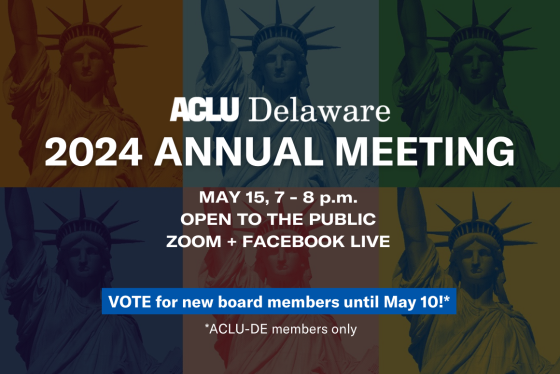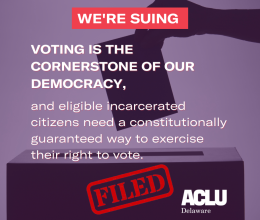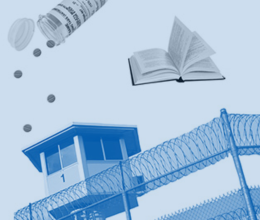
How can someone be a convicted drug dealer without ever selling drugs? Ask Lee Stephenson.
Lee was caught with a few brownies. They contained less marijuana that is now decriminalized for personal use, but Delaware law allows the police to count the full weight of the "mixture," including flour, eggs, chocolate, and sugar. Combined, it was enough to charge Lee with drug dealing.
While the police can decide how to charge a crime in Delaware and do not always charge so harshly, they mistakenly believed he had information about alleged criminal activity of his roommate and wanted his cooperation. With tips from his bartending job, Lee may have been able to afford an attorney, but the police seized that cash under the civil asset forfeiture law. In order to put the incident behind him, he pled guilty to felony drug dealing without knowing the full consequences such a plea would have on his life.
On paper, Lee is a drug dealer. Renting an apartment is a nightmare; he has to fill out many lease applications knowing that only a handful of landlords will give him an opportunity to explain the felony when they check his background. Finding employment is also difficult. He ruled out jobs like previous ones as a nurse's aid because of his fear of licensing issues. He eventually was lucky enough to interview with someone who gave him a chance to explain his conviction and who tole Lee that his enthusiasm and smarts reminded him of a friend. He was hired a car salesman.
Lee's example is extreme, but it illustrates the potential disparity between a conviction and the actual underlying conduct. It is common for people to assume the worst when all they see is a checked felony box or a record marked "drug dealer." Transforming our system of endless unofficial punishment into a system of rehabilitation and second chances means treating people as individuals, not boxes.








